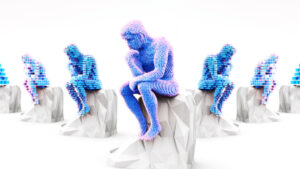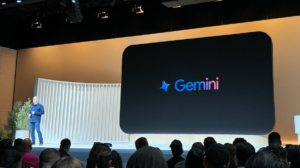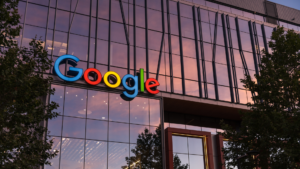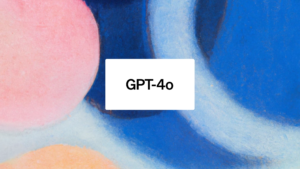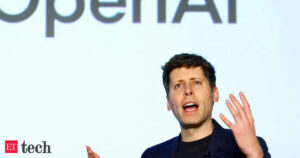The Rapidly Dark Shift in OpenAI’s Ghibli Excitement
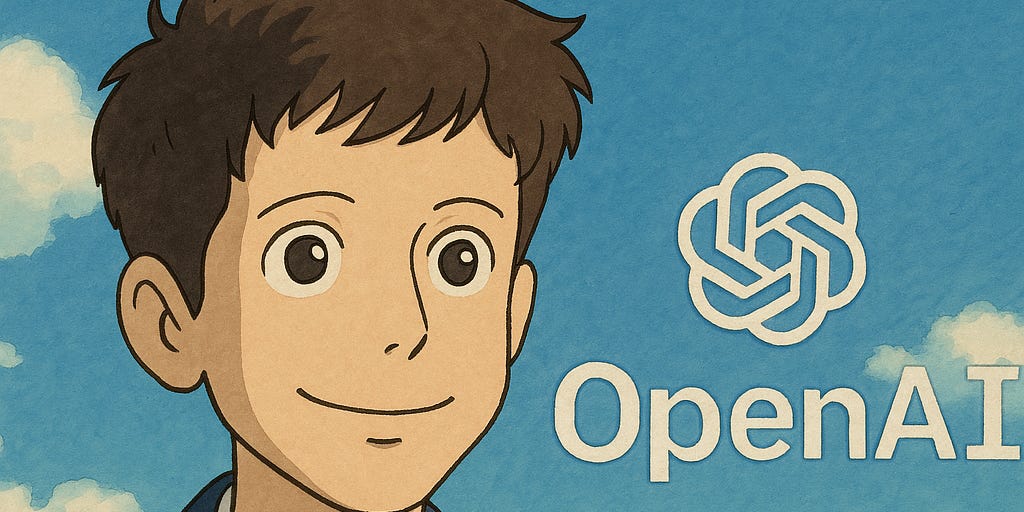
This week, OpenAI launched its new image generator tool, “Images for ChatGPT,” leading to a mix of excitement and controversy.
Initial Reactions and Features
Shortly after the launch on Tuesday, users started to explore its capabilities. One user on X noted that while the tool could create images of a “sexy man,” it seemingly avoided creating “sexy women.” Sam Altman, the CEO of OpenAI, acknowledged this issue, attributing it to a “bug” and promising to address it.
As excitement continued, users began sharing images in the recognizable style of Studio Ghibli, a famous Japanese animation studio known for films like “My Neighbor Totoro” and “Spirited Away.” Many users transformed their photos, memes, and even public figures such as Donald Trump into Ghibli-style images, which quickly took over the platform.
Altman himself participated in the trend, changing his profile picture to a Ghibli-style version of himself. Even the official White House account joined in, sharing a transformed image related to immigration enforcement.
Unexpected Developments
What started as a fun trend turned darker when users began creating Ghibli-style representations of somber historical events, such as JFK’s assassination, the 9/11 attacks, and World War II. OpenAI reacted by blocking requests for these images and stated its intention to take a “conservative approach” to likeness requests regarding living artists.
An OpenAI spokesperson clarified that while the tool would not support requests for images directly mimicking a living artist’s style, generating images in broader studio styles was still permitted. However, despite these limitations, some users found ways to generate Ghibli-style images using the paid version of the service, prompting OpenAI to further restrict the number of images that users could create each day under the free model.
Copyright Concerns
Amid the playful transformations, a serious discussion emerged surrounding copyright issues. Critics argue that OpenAI may be infringing on the intellectual property of artists like Hayao Miyazaki, who is celebrated for his painstakingly crafted animations. Users on X began expressing their discontent, highlighting the distinction between handcrafted art and AI-generated knock-offs.
Ed Newton-Rex, the CEO of the nonprofit Fairly Trained, which promotes ethical AI practices, referred to this situation as a potential turning point for protests against AI practices. He likened it to a past controversy involving Scarlett Johansson, who threatened legal action against OpenAI over a chatbot that mimicked her voice.
This incident raises critical questions about the legal landscape surrounding AI-generated content. Will this situation become another copyright challenge for OpenAI, joining the ranks of multiple lawsuits from various sectors, including journalism, literature, and music? As Newton-Rex pointed out, growing dissatisfaction among artists and authors over potential exploitation by AI companies signals a larger trend of industry-specific protests.
Impact on Creative Careers
There’s also concern about how OpenAI’s tool could disrupt existing jobs in graphic design and the broader art community. Sebastian Siemiatkowski, CEO of Klarna, expressed his worries on X, stating that he found little humor in the situation, as the tool had potentially “wiped out” several companies and posed serious implications for many jobs in creative fields.
As the debate continues, users and experts alike are watching closely to see how OpenAI addresses these issues while balancing innovation and the rights of creators.


